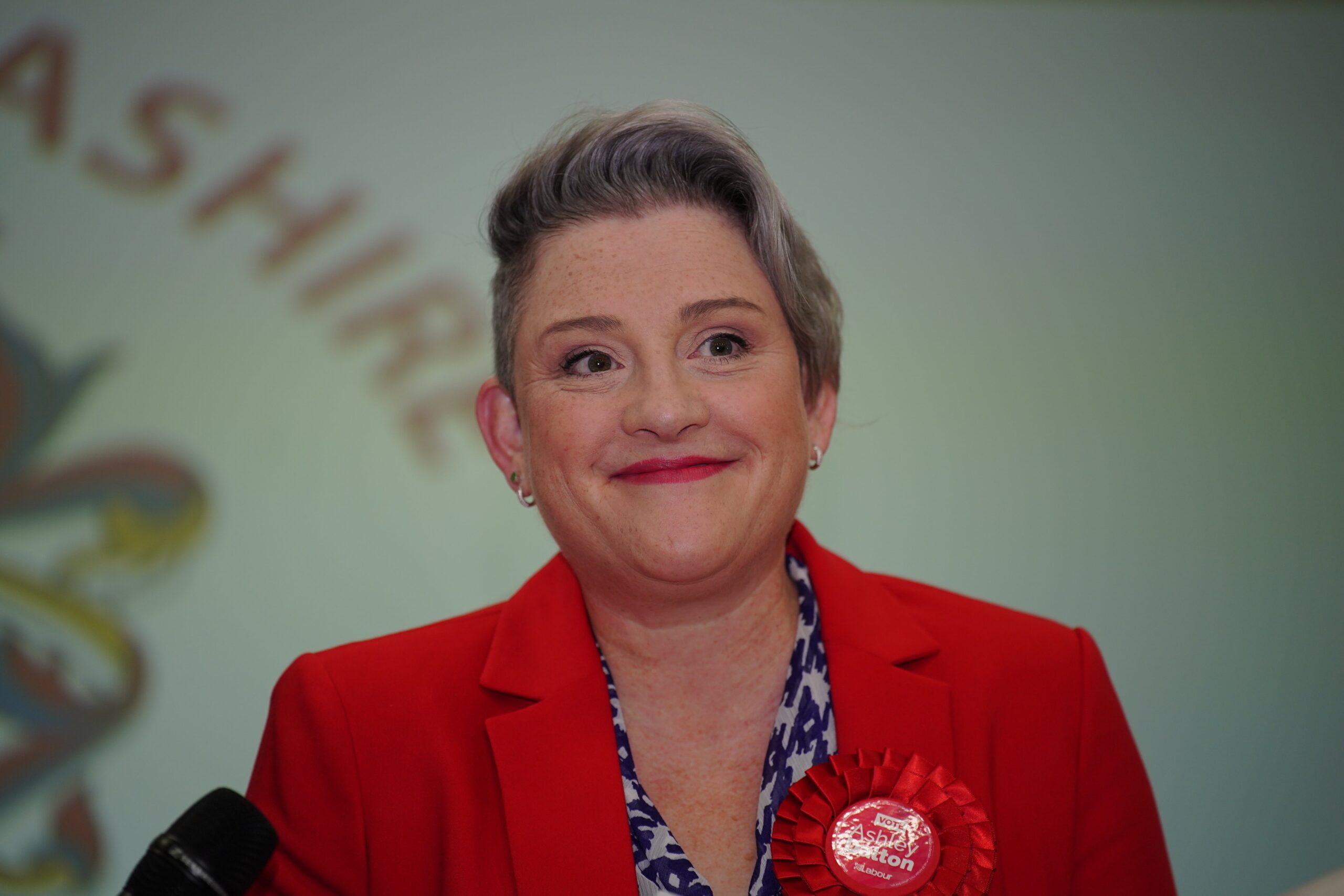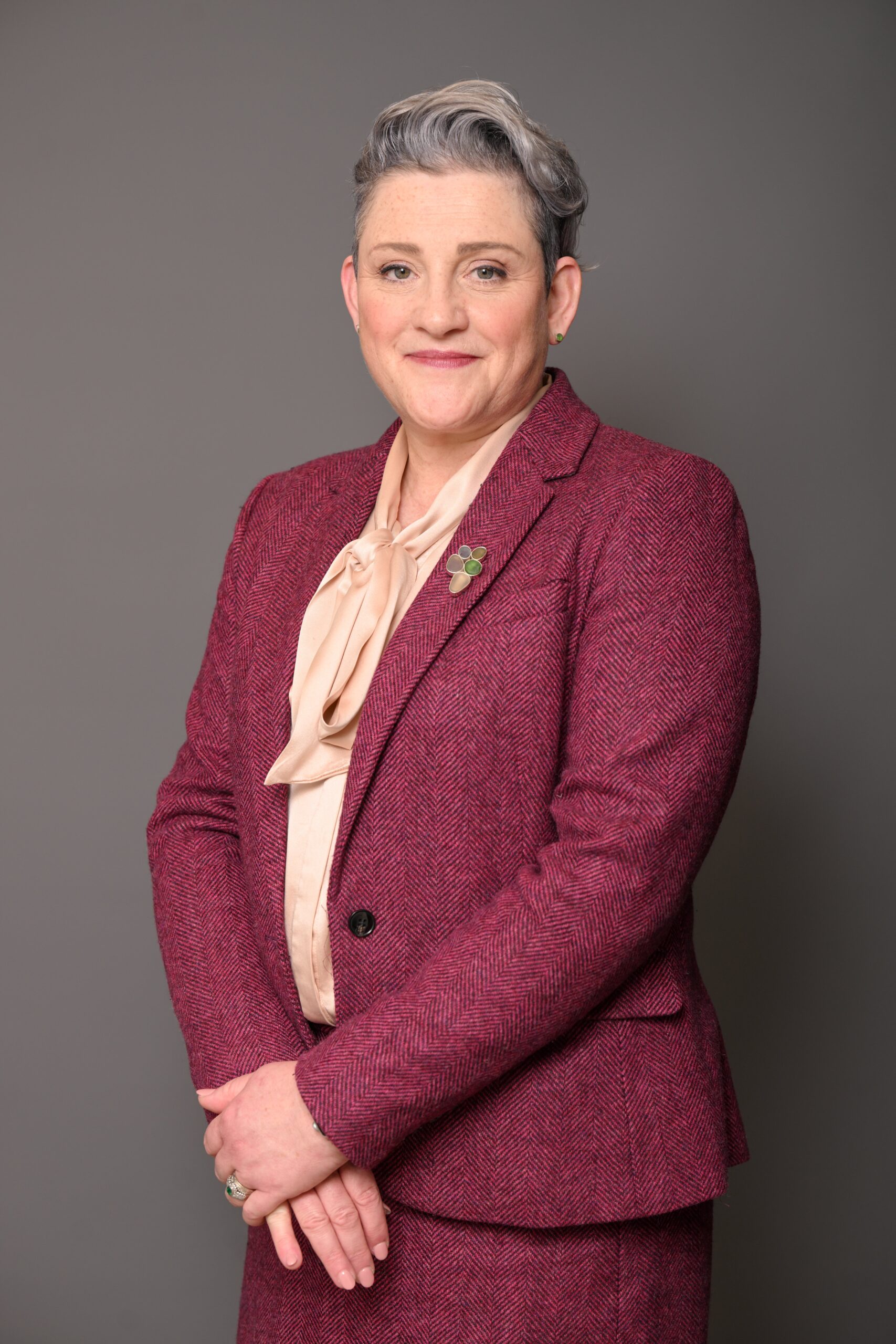Health minister Ashley Dalton has opened up about her fight with cancer, warning that “none of us know what’s around the corner”.
The MP for West Lancashire, who is working on Labour’s “ten-year cancer plan”, was diagnosed with incurable metastatic breast cancer last summer.
“When I say I’ve got metastatic cancer, people are surprised. They expect me to be bald, lying in a hospital bed, actively dying. And that might come at some point, and it might be a lot closer than we think, but it might be a long way off,” she said.

“People say to me, ‘How long have you got to live?’ I’m like, ‘Ooh I don’t know, how long have you got?’ You just don’t know, do you? None of us know what’s around the corner.”
Ms Dalton was first diagnosed with breast cancer in 2014. After having a mastectomy, chemotherapy, radiotherapy and hormone treatment, she went into remission for a decade. But just before the general election, she felt pain in her abdomen and a scan revealed a large growth.
“They whipped that out and discovered it had originally been an ovary. It was 15cm by 20cm — huge — and that had breast cancer cells in it. That is metastatic breast cancer,” she told The Times.
Ms Dalton, who had a hysterectomy last summer, said the NHS offered her a surgery date on the day of the general election. “I had to ask if they could push it back a week,” she said.
After her diagnosis, she said Sir Keir Starmer sent her a handwritten letter asking how he could support her.
“I went back to him and said, ‘All I need is for you to support me to serve this government. I want to carry on.’ Three months later, he invited me to be the minister who’s writing the national cancer plan,” she said.

The health minister said she wants to show that people with metastatic cancer should not be put “on the scrapheap” and expected to “go home, give up and lie down”.
Ms Dalton, who is being treated at Clatterbridge Cancer Centre in Liverpool, is currently on her fourth cycle of chemotherapy drug capecitabine – which is delivered in tablet form, causing side effects including fatigue and painful, itchy hands and feet.
While she is having to “pace herself” more than normal, she has yet to take a day off work.
She said: “For me, work is fundamentally important to my sense of being. This is what I live to do. I love it. So it’s really important for me to carry on working. That’s not necessarily going to be the case for everybody.
“Within seconds of being told I had metastatic breast cancer, staff were coming to me saying, ‘OK, these are the benefits you can get, here’s how to talk to your employer about giving up work.’ What if I don’t want to give up work? What do you want me to do? Just take up crafting or something?”
The government’s national cancer plan is set to be published before Christmas, and aims to improve survival rates. According to Cancer Research UK, there are almost 60,000 new cases of breast cancer every year.
